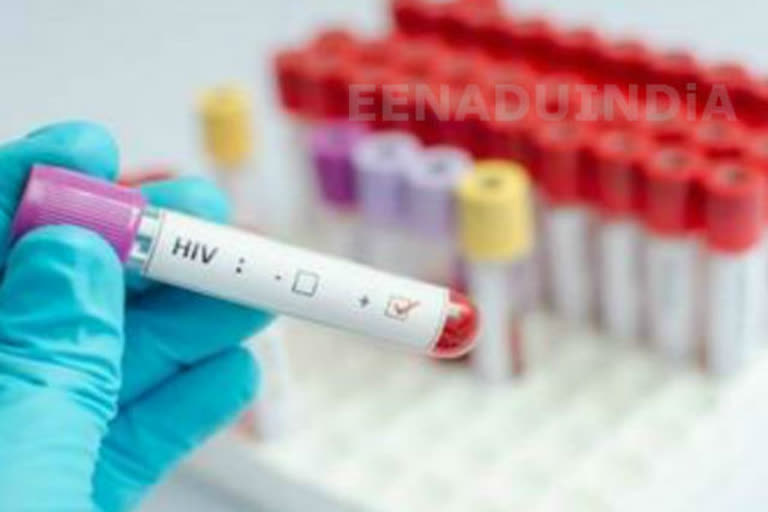Connecticut (US): Doctors say the success of two large drug trials could change the future treatment of HIV patients. The trials replaced the patient's daily antiretroviral tablets with two injections each month. The pharma company is seeking approval from drug regulators in America and Europe.
The discovery of antiretroviral therapies (ART) transformed the lives of people with HIV.
In the 1980s the virus was seen as a death sentence, now, despite drawbacks, antiretroviral drugs have changed the way the disease is now viewed.
The drugs don't kill, or cure HIV.
Each day patients must take a combination of three drugs to stop the virus replicating.
This discipline can be difficult for people with dementia, drug addicts, those with mental health issues or with insecure lifestyles such as the homeless,
Now two large trials held in sixteen countries around the world show the two injections taken once a month work as well as daily pills.
More than eleven hundred men and women took part in the trial called ATLAS (Antiretroviral Therapy as Long Acting Suppression) and FLAIR (First Long Acting Injectable Regimen).
Professor Chloe Orkin a consultant HIV physician at Queen Mary University of London is the lead researcher on FLAIR.
Describing the monthly shots Orkin says: "It consists of two drugs, normally the combinations tend to consist of three drugs, so what this involves is dose reduction, so cumulative exposure is reduced over a very long lifecourse, fewer drugs in the system and secondly it gives the option to have twelve treatment days in a year instead of 365."
According to Orkin improvement in ART over the years means people with HIV are living more normal, and importantly, longer lives.
Doctors want to more options to ensure the drugs patients take when they're younger don't create health problems for them later in life.
"This combination's also good because it has low liability in drug interactions, in terms of interactions with other medications. As we grow older and our patients grow older, they develop normal life related co-morbidities, you know such as high blood pressure, diabetes, abnormal cholesterol and these drugs don't really interact with those drugs which is great. It can also be taken easily with contraception which some drugs can't. And in terms of the toxicity, some of the toxicities in HIV drugs are related to bone and kidney problems with one of the most commonly used drugs. There are alternatives that can avoid this, but this is another option and I think the important thing is about creating options to try and facilitate lifelong treatment," says Orkin.
Some of the drugs did produce reactions, such as hypersensitivity and depression in some patients on the trial. Just over three percent withdrew.
Graham Cooke is infectious diseases consultant at Imperial College London.
Cooke says: "Most patients can manage with tablets, if they take tablets each day and they take them regularly they do very well and for most patients they're fine with that. They can live normal healthy lives and many of them do. There's a small number of patients who do struggle with that still and I think injections once a month will help that group and we even have patients who can't take tablets at all and have to have tubes placed in their stomachs occasionally and for those patients I really think this could be transforming what we can offer them."
Cook believes it's important to ensure HIV is contained and the best way to do that is to make it as easy as possible to keep taking the drugs.
"Although it's a small number of patients it matters obviously to the individual patient because their health will deteriorate without good treatment and it also matters to the wider community because those patients can also transmit HIV and we know that if you can control the virus for a patient they're not infectious any more. And so we talk about U equals U undetectable is untransmissable and that helps that group of patients achieve undetectability," says Cooke.
The trials were led by Queen Mary University of London and the University of Nebraska for ViiV Healthcare, a specialist in HIV pharma.
ViiV Healthcare was set up by pharmaceutical giants GSK and Pfizer. It's now seeking approval for the treatment from the FDA in America and the European Medicines Agency.
Also read- Support for militants complicates Pakistan crackdown
(With inputs from APTN)



